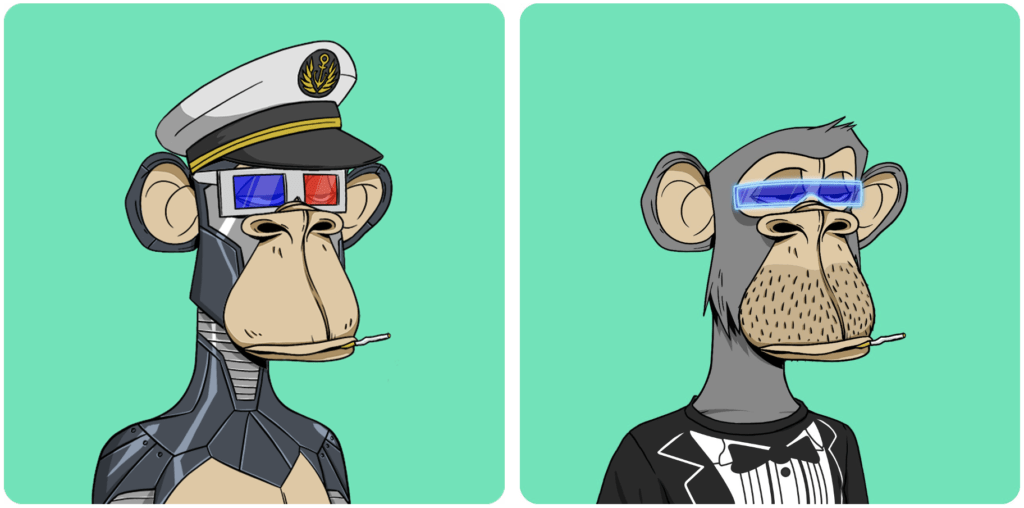In a recent ruling, a California federal judge ordered conceptual artist Ryder Ripps and his business partner, Jeremy Cahen, to pay Bored Ape Yacht Club NFT creator Yuga Labs more than $1.5 million in damages. The judge, U.S. District Judge John Walter, determined that Ripps and Cahen were guilty of copying Bored Ape’s NFT art and profiting from it.
Background: The Lawsuit and Defendants’ Defense
Ripps and Cahen had defended their actions, stating that their copies were an art project intended to criticize racist undertones in Yuga’s works. However, Judge Walter dismissed their argument and declared that their copies were not artistic and merely attempts to profit from Yuga’s success.
Yuga Labs v. Ryder Ripps et al – Notes from the Court's Findings of Fact and Conclusions of Law
— NeerMcD.eth 🚀 (@NeerMcD) October 26, 2023
Yuga is awarded $1,375,362.92 in Ds profits, $200,000 in statutory damages, and attorneys' fees and costs (amount TBD). A permanent injunction is also issued against Ds.
🧵 1/ pic.twitter.com/2dTiuWpZSA
Yuga Labs, which sued Ripps and Cahen last year, accused them of making millions of dollars by counterfeiting Bored Ape tokens under the guise of satire. Ripps described his copies as appropriation art, intending to satirize racist and anti-Semitic imagery associated with Yuga’s NFTs and branding.
Judge’s Ruling
Judge Walter sided with Yuga Labs earlier this year, stating that Ripps’ NFTs were no different from selling counterfeit goods. The recent ruling determined the extent of damages and other relief Yuga Labs is entitled to.
In the ruling, Judge Walter stated that Yuga Labs should receive all of Ripps and Cahen’s profits, amounting to $1.3 million, as they were fully aware of the confusion their copies would cause but continued selling them despite the lawsuit. Furthermore, Yuga Labs was granted attorneys’ fees and an additional $200,000 in damages for cybersquatting.

The judge issued orders to block sales of the copies and mandated that Ripps and Cahen transfer their NFT smart contract, project-related websites, and social media accounts to Yuga Labs. This ensures that the copied works are no longer available to the public.
Yuga Labs celebrated the ruling, expressing satisfaction in defeating scammers and supporting creators in advancing web3 experiences worldwide. On the other hand, Ripps and Cahen’s attorney, Louis Tompros, voiced his disagreement with parts of the decision and announced plans to appeal.
It is worth noting that the 9th U.S. Circuit Court of Appeals is considering an appeal by Ripps and Cahen, challenging the case based on a California law protecting free speech. The outcome of this appeal could have implications for future cases involving NFT art and intellectual property rights.
Author
-

NFT connoisseur with a profound appreciation for digital creativity and its marketplace dynamics.




